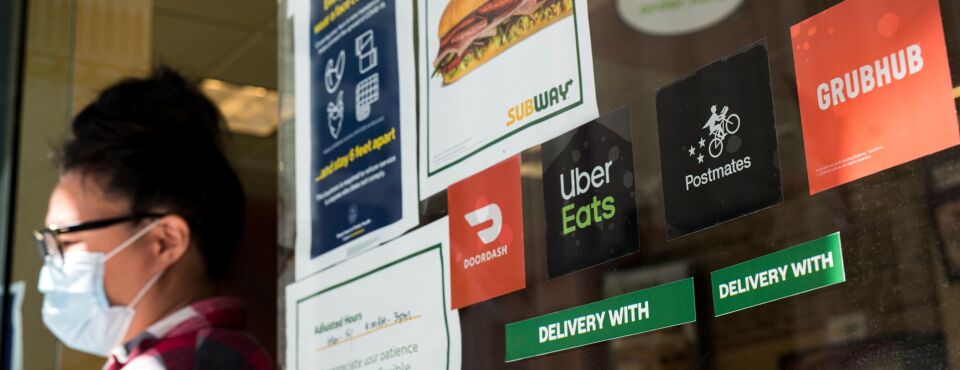The US Department of Labor recently released a final rule that will have significant implications for how companies classify their workers as either employees or independent contractors. This policy change is particularly important for major players in the gig economy such as Uber Technologies Inc. and Lyft Inc. The rule alters the criteria used by the DOL to determine whether a worker is an employee entitled to protections like minimum wage and overtime pay, or an independent contractor who operates their own business.
The classification of workers as employees or independent contractors has been a contentious issue for years, leading to legal battles across various industries. The release of this new rule has sparked immediate threats of legal challenges and congressional review from opponents. State and local legislative and ballot fights have also been ongoing, with gig companies pushing back against laws that would require them to classify their workers as employees.
The final regulation issued by the DOL emphasizes that each factor in the legal test used to determine worker status under the Fair Labor Standards Act should be considered equally. Factors such as the degree of control the worker has over their work, their opportunity for profit or loss, and investments made by both the worker and the employer are taken into account. Acting Labor Secretary Julie Su highlighted the importance of protecting workers by preventing businesses from misclassifying employees as independent contractors.
The rule is set to officially publish in the Federal Register on Wednesday and will go into effect on March 11. However, business and industry groups who oppose the rule, such as the US Chamber of Commerce, have indicated that they may challenge it in court. The Chamber expressed concerns that the rule could negatively impact the economy by limiting flexibility and opportunities for millions of Americans.
The new regulation cancels a previous contractor test implemented during the Trump administration, which was seen as more favorable to businesses. Senator Bill Cassidy announced plans to file a resolution aiming to repeal the rule, citing concerns about its potential impact on the gig economy and independent contractors.
Despite the potential challenges posed by the new rule, companies like Uber have stated that they do not expect a significant change in how they classify their workers. The rule is not as stringent as California’s ABC test, which would have classified most workers as employees. The DOL’s rule does not target specific industries but aims to address misclassifications in various sectors like healthcare, construction, and janitorial services.
Overall, the final rule issued by the DOL represents a significant shift in how worker classification is determined. While it may face opposition and legal challenges, its implementation could have far-reaching effects on the gig economy and other industries. The rule seeks to protect workers’ rights and ensure fair treatment under federal labor laws, signaling a potential shift towards greater accountability and transparency in employment practices.
















